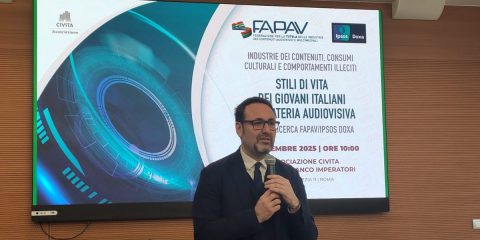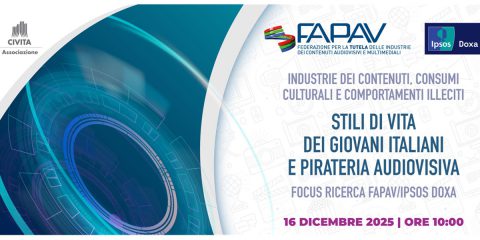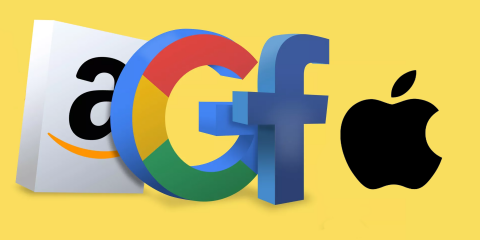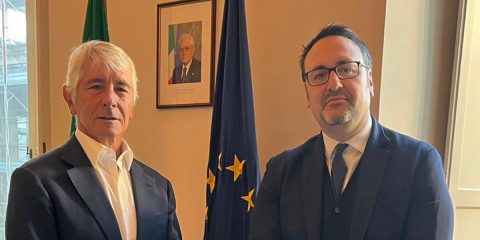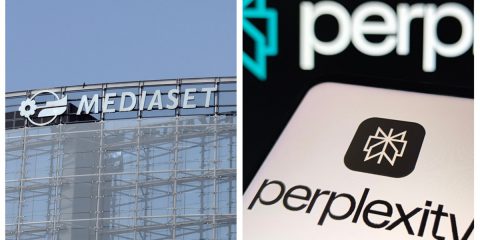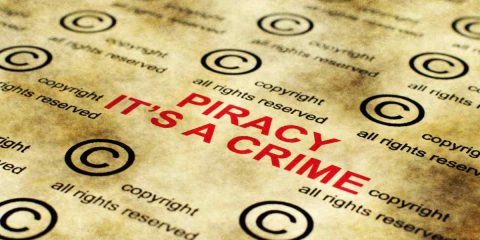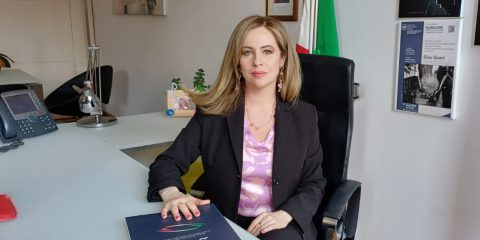Italia

Pubblichiamo l’intervento di Jean Jacques Sahel (Director of Policy per l’Europa, il Medio Oriente e l’Africa (EMEA), Microsoft) all’evento ‘Beyond Dubai: A New Global Agenda for the Internet’, organizzato da Alleanza per Internet e tenutosi a Roma nella Sala delle Conferenze internazionali del Ministero Affari Esteri.
If we are to judge it by the spread and scale achieved by the global public Internet over the past twenty years, as well as the social and economic benefits that came with it, Internet Governance has worked rather well.
By nature however, particularly because it is in large part user-driven and its user base has diversified and grown tremendously, the Internet Governance system is pioneering in many ways and is thus bound to evolve, bound to improve, continually.
In this perspective we should in fact welcome the continued calls for all Internet Governance institutions to evolve and improve, notably in three areas: (i) to embrace multi-stakeholder processes when they’re not, or not enough, inclusive of all relevant stakeholders; (ii) to strive for transparency; (iii) to become more and more international – to be truly global, in other words, thus mirroring the inherently cross-border, global nature of the Internet and of the Information Society that it empowers. One might add to that a fourth point about mindset necessary for this future Internet: policymaking and regulation in the Internet age should adopt a pro-innovation, pro-user / pro-citizen stance, whereby regulation refrains from applying old norms and legacy rules to new technologies and dramatically new ways of interacting and trading, which the Internet has brought us – what some call ‘smart’ or ‘better’ regulation.
Taking the long term view of a global agenda for the Internet, we are not and should not be talking about revolution with the concept of ‘multi-stakeholder’ discussions and policymaking, but rather, natural evolution. Because there are so many actors with a role and responsibilities in the Internet, all stakeholders have to play their part, and this is the case in particular among international institutions.
We are lucky to have a network of international bodies that are important and expert stakeholders for Internet Governance : ICANN for domain names; IGF for policy exchanges; ITU for spectrum and the development of supporting telecom network infrastructure; UNESCO for cultural issues; WTO for trade; WIPO for copyright, and several more. (such as the Council of Europe for Human Rights, OECD for economics, etc.).
This future global agenda should not be about one of these agencies – whether ICANN or ITU or another – controlling all of Internet Governance, or about excluding any of these agencies – but rather the contrary: it should be about applying the multi-stakeholder ways of working to collaboration between all these agencies, using each of their respective, particular remit and expertise together, so that Internet Governance systems deliver as much economic and social benefit as possible. One of the most pressing challenges that stakeholders should work together on being to address the shortage and high cost of access especially in developing regions.
When considering the dynamics of Internet Governance, including the accelerating pace of convergence and changing market conditions, which some have expressed concern over, it is important to recall that there is a virtuous cycle in the Internet ecosystem, chiefly driven by users and innovation. This virtuous cycle entails that compelling Internet applications and content drive demand by consumers / citizens for Internet access; in turn, this demand provides return for investment in networks; better networks open the door to more innovation in Internet content and apps, etc.
As the Norwegian Post and telecom Authority explained recently:
“It is of course the content that is available via the Internet access that drives the end users’ demand for high-speed access. If there had not been large amounts of content, [or mainly content that did not require high capacity], the demand would be less and the operators would receive lower revenues from the sale of Internet access. In this way, the development towards capacity-demanding content, such as the streaming of video, constitutes a win-win scenario for the content providers and network operators”.
This is a sustainable model, that has already sustained the test of time and changing technologies, and in which all actors have to evolve just as technology and the Internet evolve, just as some businesses succeed in changing conditions – and some fail. Artificially unbalancing this virtuous cycle would inhibit the innovation and, ultimately, the economic growth and development potential for both individual nations and businesses.
In sum, our global agenda for a future Internet should strive for :
– attitudes and measures that resolutely favour innovation and users;
– the preservation and development of the multi-stakeholder model, especially the ability of industry and other non-government representatives such as users, academia and the technical community, to participate actively in Internet governance decision-making processes. As part of that progress, we should see International agencies working hand in hand, making the most of their respective expertise for the benefit of all nations and all mankind;
– the preservation and expansion of the global nature of the Internet, so that the single, unified Internet grows to interconnect and to benefit even more regions and users across the globe, without fragmenting into smaller, separate regional networks.
This global agenda should not divide nations, fighting old-style battles for old models. It should rather be a win-win: an era of collaboration within the symbiotic ecosystem that is the Internet value chain: an age of enlightenment.
#beyondWCIT: lo Speciale di Key4biz

